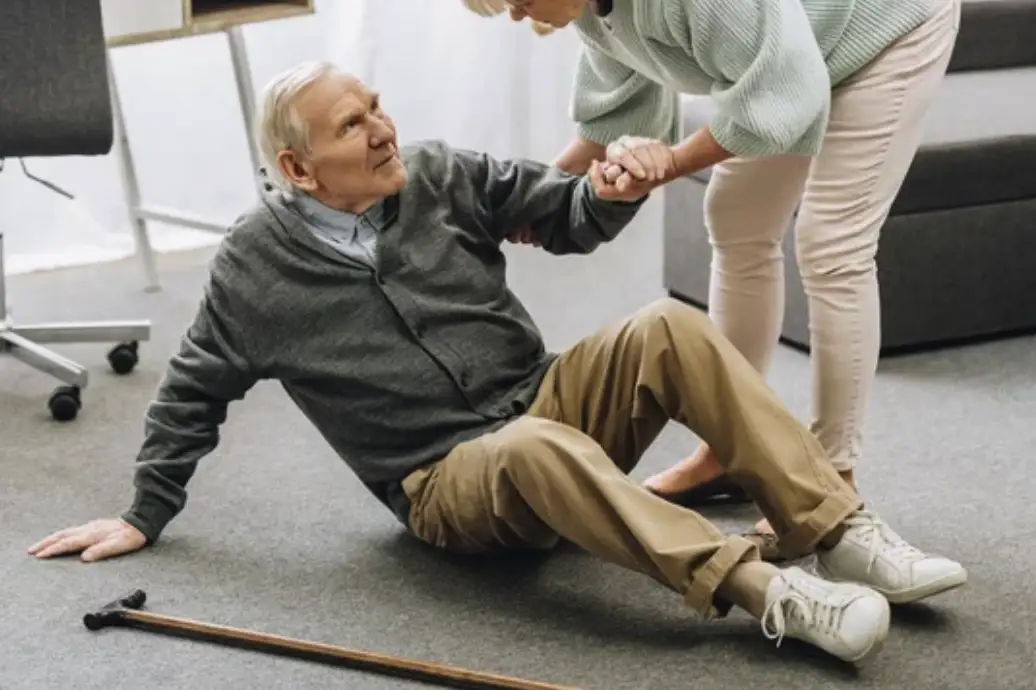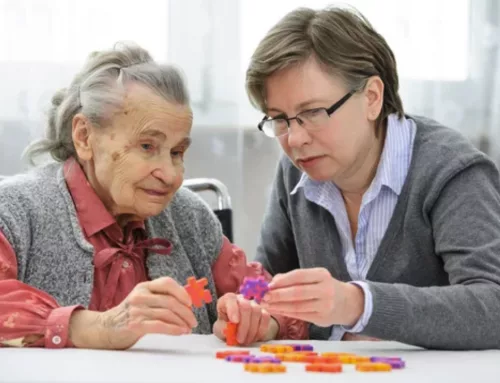Preventing falls in dementia patients is a key component in their health care plan. As a caregiver for someone with dementia, it’s essential to prioritize their safety and reduce the risk of falls. Elderly individuals, especially those with dementia, are more likely to have falls, often in their own homes. By making a few changes, you can improve their safety. Issues like balance, coordination, and spatial understanding can increase the risk of falls, even in familiar settings. Below are steps to improve home safety for those with dementia.
Steps to Enhance Home Safety for Dementia Patients:
Steps to Enhance Home Safety for Dementia Patients:
- Accessibility: Prioritize the placement of frequently used items to prevent unnecessary reaching or straining.
- Remove Obstacles: Declutter to remove tripping hazards such as excess furniture, electrical cords, pet accessories, and unsecured rugs.
- Furniture Arrangement: Organize furniture to create clear pathways. Ensure stairs and hallways are free from obstructions. Think about removing or replacing certain furniture pieces like swivel chairs that may become a hazard.
- Bathroom Safety: Enhance the bathroom by introducing non-slip mats, grab bars, elevated toilet seats, and bath chairs.
- Handrail Use: Promote the regular use of handrails, particularly on stairs and while multitasking.
- Lighting: Ensure all spaces, including hallways, rooms, stairs, and outside paths, are well-lit. Introduce night lights in key areas to minimize nighttime accidents.
- Carpeting and Flooring: Securely anchor carpets and immediately address wet spots or spills to prevent slipping.
- Appropriate Footwear: Suggest wearing rubber-soled, supportive shoes. Avoid slippers or socks on slippery surfaces.
- Vision and Hearing Maintenance: Ensure regular check-ups for eyes and ears. Updated prescriptions for glasses or hearing aids can play a vital role in fall prevention.
- Medication Awareness: Stay informed about the potential side effects of medications and discuss any concerns with a healthcare provider.
- Rest and Sleep: Promote good sleeping habits as fatigue can contribute to the risk of falling.
- Limit Alcohol: Be mindful of alcohol consumption as it can impact balance and judgment.
- Stay Active: Gentle exercises can help in maintaining and improving physical strength and balance. If mobility is a concern, consider assisted devices.
- Transition with Care: Advocate for slow movements, especially after resting, to prevent dizziness or potential falls.
Falls Can Be Avoided
By adhering to these guidelines, caregivers can notably reduce the possibility of falls and ensure the safety and comfort of their dementia-afflicted loved ones. Remember, most falls can be avoided, and these proactive steps will significantly improve the quality of life for dementia patients. Here at Smoky Mountain Home Health and Hospice, we prioritize the well-being and safety of our patients. We’re dedicated to supporting caregivers every step of the way as they work to prevent falls in dementia patients. Contact us for more information on the safety of your patient.





